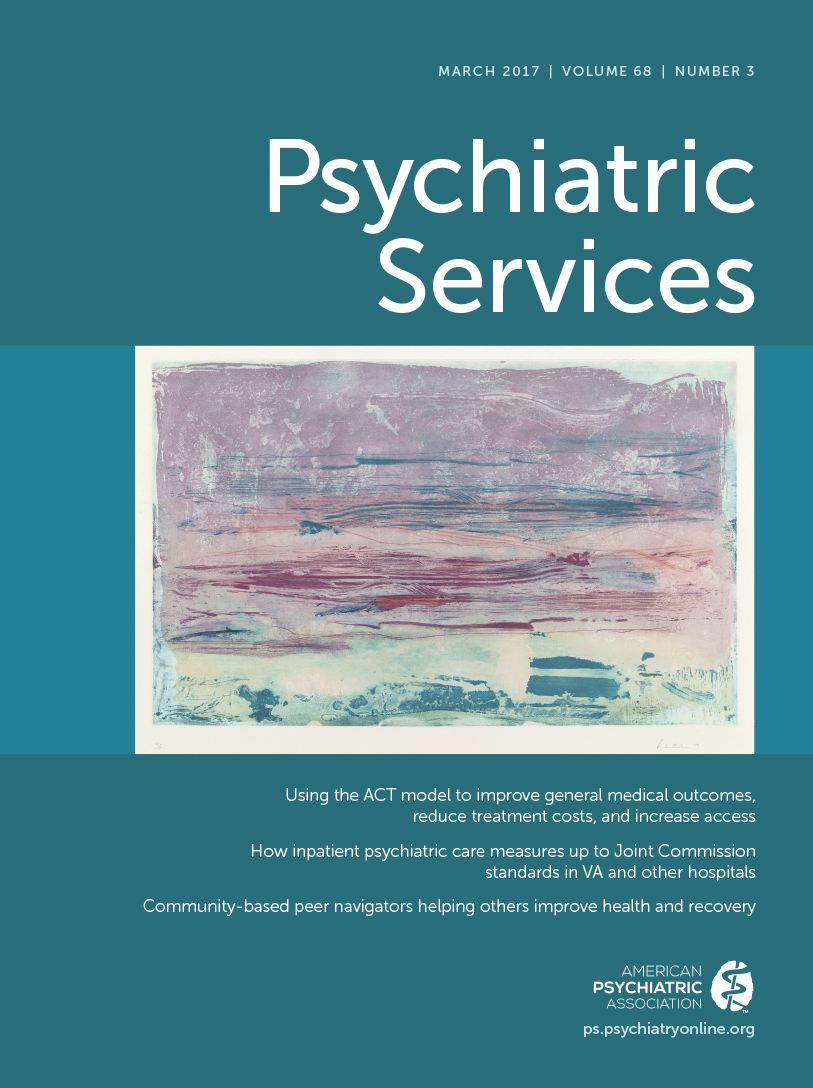The Perceived Impact of 42 CFR Part 2 on Coordination and Integration of Care: A Qualitative Analysis
Abstract
Objective:
Title 42 of the Code of Federal Regulations Part 2 (42 CFR Part 2) controls the release of patient information about treatment for substance use disorders. In 2016, the Substance Abuse and Mental Health Services Administration (SAMHSA) released a proposed rule to update the regulations, reduce provider burdens, and facilitate information exchange. Oregon’s Medicaid program (Oregon Health Plan) altered the financing and structure of medical, dental, and behavioral care to promote greater integration and coordination. A qualitative analysis examined the perceived impact of 42 CFR Part 2 on care coordination and integration.
Methods:
Interviews with 76 stakeholders (114 interviews) conducted in 2012–2015 probed the processes of integrating behavioral health into primary care settings in Oregon and assessed issues associated with adherence to 42 CFR Part 2.
Results:
Respondents expressed concerns that the regulations caused legal confusion, inhibited communication and information sharing, and required updating. Addiction treatment directors noted the challenges of obtaining patient consent to share information with primary care providers.
Conclusions:
The confidentiality regulations were perceived as a barrier to care coordination and integration. The Oregon Health Authority, therefore, requested regulatory changes. SAMHSA’s proposed revisions permit a general consent to an entire health care team and allow inclusion of substance use disorder information within health information exchanges, but they mandate data segmentation of diagnostic and procedure codes related to substance use disorders and restrict access only to parties with authorized consent, possibly adding barriers to the coordination and integration of addiction treatment with primary care.



